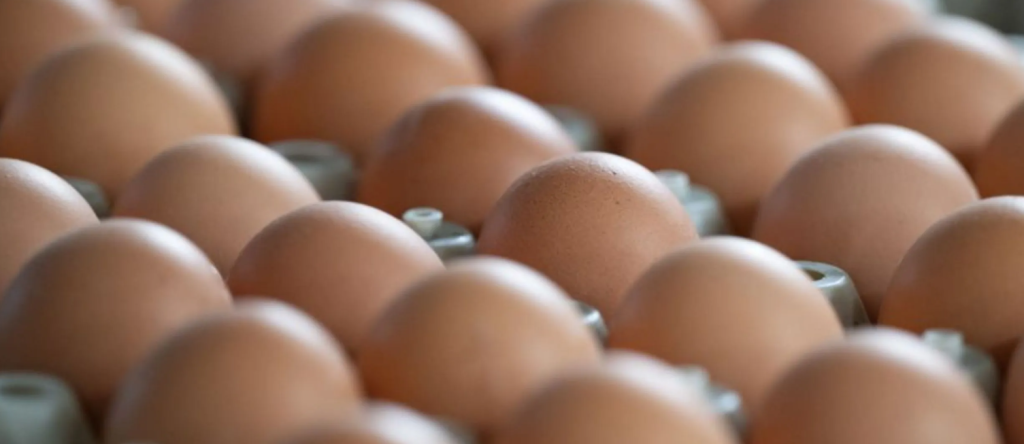In a bold self-experiment, Dr. Nick Norwitz, a medical student at Harvard, consumed 720 eggs over the course of a month—averaging 24 eggs daily—to investigate the impact on his cholesterol levels. Contrary to common assumptions linking high dietary cholesterol intake to increased blood cholesterol, Dr. Norwitz observed a surprising outcome: his LDL cholesterol, often labeled as “bad” cholesterol, decreased by nearly 20% during the experiment.
The Experiment
Dr. Norwitz’s regimen involved eating one egg approximately every hour, totaling 133,200 milligrams of dietary cholesterol for the month. Prior to this dietary change, his LDL cholesterol levels were around 90 mg/dL. Throughout the first week of high egg consumption, his LDL levels dropped by 2%, followed by an additional 18% reduction in the subsequent weeks.

Understanding the Results
The unexpected decline in LDL cholesterol can be attributed to the body’s regulatory mechanisms. When dietary cholesterol is ingested, it binds to receptors in the gut, triggering the release of a hormone called cholecystokinin. This hormone interacts with liver receptors, signaling the liver to decrease its own cholesterol production, thereby maintaining balance within the body.
Dietary Context
It’s important to note that Dr. Norwitz’s experiment was conducted within the framework of a ketogenic diet, characterized by low carbohydrate and high fat intake. In individuals adhering to such diets, it’s common to observe a lipid profile featuring elevated LDL and HDL cholesterol, coupled with low triglycerides—a pattern indicating a metabolic shift from carbohydrate to fat utilization.
To assess the influence of carbohydrates on his lipid profile, Dr. Norwitz introduced approximately 60 grams of net carbohydrates per day during the final two weeks of the experiment, primarily from fruits like blueberries, bananas, and strawberries. This adjustment contributed to the significant reduction in LDL cholesterol observed.
Implications and Considerations
Dr. Norwitz’s findings challenge prevailing beliefs about dietary cholesterol and its direct impact on blood cholesterol levels. His experience suggests that, in certain contexts, high consumption of cholesterol-rich foods like eggs may not adversely affect—and may even improve—cholesterol profiles. However, individual responses to dietary changes can vary widely. Factors such as genetics, overall diet composition, and metabolic health play crucial roles in determining outcomes.

While this self-experiment provides intriguing insights, it’s essential to approach such findings with caution. Before making significant dietary changes, especially those involving substantial increases in cholesterol intake, individuals should consult healthcare professionals. Personalized medical advice is vital to ensure that dietary adjustments align with one’s health status and nutritional needs.
In summary, Dr. Norwitz’s month-long consumption of 720 eggs led to an unexpected decrease in his LDL cholesterol levels, prompting a reevaluation of the relationship between dietary cholesterol and blood lipid profiles. This case underscores the complexity of human metabolism and the importance of individualized dietary considerations.

















